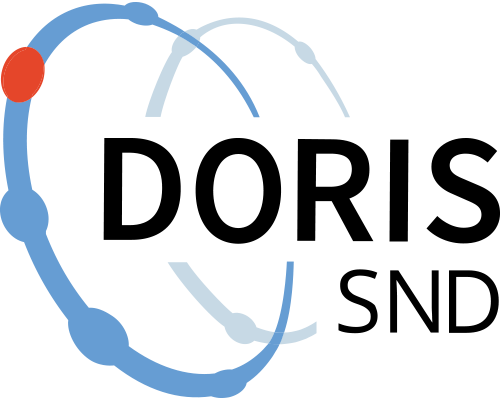H85
H85-studien är en av de longitudinella studierna från Göteborg där representativa populationer av äldre har följts över lång tid (information om studierna H70, 95+ och Kvinnoundersökningen finns under Relaterade studier).
H85-studien koordineras gemensamt av flera forskargrupper men bedrivs huvudsakligen vid enheten för neuropsykiatrisk epidemiologi - EPINEP.
Vid baslinjemätningens hälsoundersökning år 1986/87 inbjöds alla 85-åringar i Göteborg födda 1 juli 1901 till 30 juni 1902 till en hälsoundersökning, hälften av dessa undersöktes av psykiatriker (n=494). Deltagarna har följts upp vid 88-, 90-, 92-, 95-, 97, 99-, 100-, 101, 102- 103- , 104- och 105-års ålder. Svarsfrekvensen har omfattat omkring 65-80%. Studiens undersökningar har genomförts år 1986/87, 1989, 1991, 1993, 1996, 1998, 2000, 2001, 2002, 2003, 2004, 2005, och år 2006.
En andra kohort av 85-åringar födda mellan 1 juli 1923 till och med 30 juni 1924 bjöds in till att delta i studien. Baslinjemätningens undersökning genomfördes under 2008-2010. Antalet deltagare vid baslinjemätningen var 572, vilket motsvarade en svarsfrekvens på omkring 60 %. Deltagarna har därefter följts upp vid 88- och 90 års ålder. Studiens undersökningar har genomförts år 2008-2010, 2011, 2013 samt 2018. Deltagarna planeras att följas upp 2021.
En tredje kohort av 85-åringar födda 1930 inkluderades 2015-16 då 491 individer undersöktes. Deltagarna har följts upp vid 88 års ålder och planeras att undersökas 2021.
Undersökningen omfattar psykiatrisk intervju, somatiska undersökningar, tester av sjukgymnast, psykologtest, blodprov med omfattande laboratorieanalyser samt anhörigintervju. Vidare samlas data in relaterad till socioekonomisk status, civilstånd, levnadsvillkor, bostadssituation, utbildning, religiositet, hobbys och livshändelser. Slutligen ingår neurobiologisk undersökning i form av datortomografi (CT) och magnetröntgen (MR) av hjärnan samt lumbalpunktion och analys av hjärn-ryggmärgsvätska. Journaler från alla större sjukhus, geriatriska och psykiatriska institutioner samt polikliniska mottagningar i Göteborg granskas för att finna fall av psykiska och somatiska sjukdomar. Demens, depression, psykotiska sjukdomar, sömnproblem, ångestsjukdomar, och post-traumatiskt stresssyndrom (PTSS) diagnostiseras enligt DSM-III-R och DSM-IV. Somatiska sjukdomar klassificeras enligt etablerade kriterier.
Syftet är att undersöka frekvens av, samt vilka faktorer som är av betydelse för utveckling av psykisk- och somatisk sjukdom i en population som har följts longitudinellt från 85 års ålder.
Gå till källa för data
Öppnas i en ny tabbhttps://www.gu.se/forskning/h70-studierna-i-goteborg
Dokumentationsfiler
Dokumentationsfiler
Citering och åtkomst
Citering och åtkomst
Tillgänglighetsnivå:
Skapare/primärforskare:
- Ingmar Skoog - Göteborgs universitet - Institutionen för neurovetenskap och fysiologi
Forskningshuvudman:
Data innehåller personuppgifter:
Ja
Typ av personuppgifter:
Pseudonymiserad data rörande psykisk och fysisk hälsa samt socio-demografiska och sociala faktorer
Kodnyckel existerar:
Ja
Data innehåller känsliga personuppgifter:
Ja
